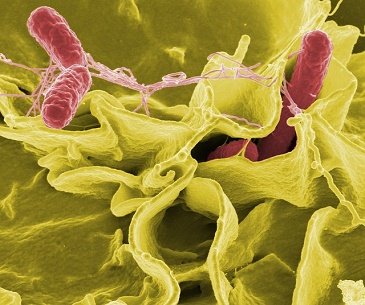Karnataka to introduce a rare disease policy soon
March 13, 2015 | Friday | News | By BioSpectrum Bureau
Karnataka to introduce a rare disease policy soon
Approximately 7,000 types of illnesses that fall under the rare disease category
Karnataka government is all set to introduce a policy for rare diseases in the state. This would be the first state in the country to do so. Speaking to BioSpectrum, Mr Harsha K Rajasimha, founder member of the Organization for Rare Diseases in India (ORDI) informed, "We have an ongoing effort to develop a state level rare disease health policy for Karnataka which the vision group on biotechnology has been tasked with. We are in the final stages of fomalizing the same. This would be introduced shortly," he said.
However, estimates are tenuous in the absence of any quantitative database of the approximately 7,000 types of illnesses that fall under the rare disease category. The classification of rare diseases is also arbitrarily specified in different countries and not specified in India at all. However, a disease where less than 1 in 2,000 of a country's population is affected is a generally accepted norm.
The nature of the problem is that rare diseases are generally not curable, but they can be controlled. This means that treatment is lifelong and invariably expensive. By virtue of being rare diseases, they do not elicit the enthusiastic attention of researchers, medical practitioners and drug manufacturers. As a result, diagnosis is invariably delayed. In almost all cases, delays in diagnosis extend the suffering of patients and caregivers.
ORDI plans to represent the collective voice and advocate the needs of patients with rare diseases and other stakeholders in India. The ORDI team members come from diverse backgrounds such as genetics, molecular diagnostics, drug development, bioinformatics, communications, information technology, patient advocacy and public service. ORDI aim to be the umbrella organization, uniting and providing a common forum for all individual disease-speci�c organizations in India. It will have branches in all the state capitals. It will collaborate with other parent support groups and help to initiate new parent groups for disorders that currently do not have one. It will obtain funds from corporate houses, pharmaceutical companies, private genetic laboratories and foundations both in India and abroad.









